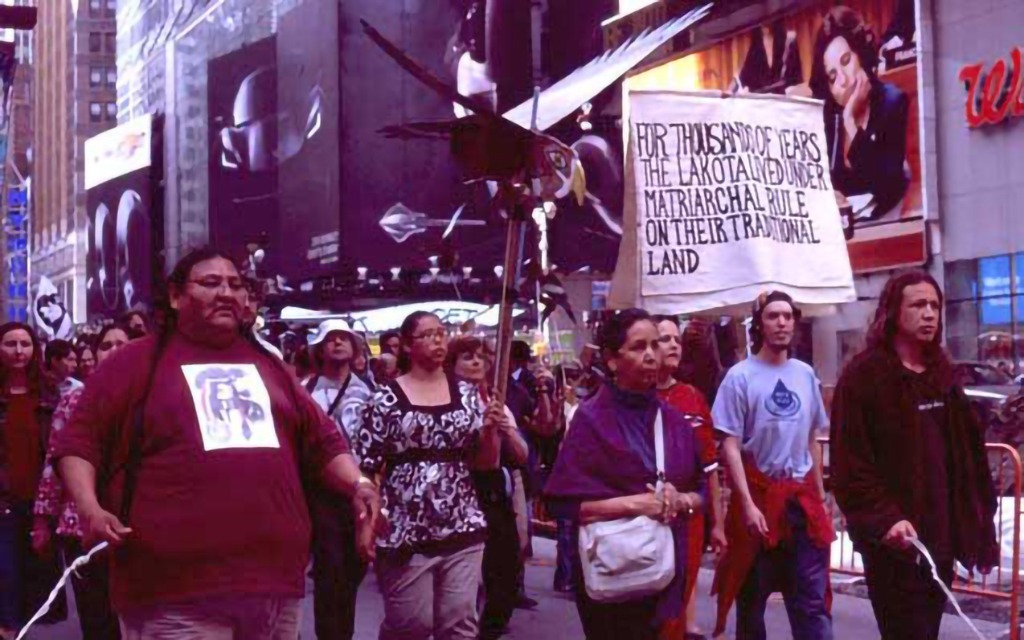
What Are Things You Do to Honor Your Culture, Traditions, Ancestors?
Honoring Culture and Ancestors: Hmong and Native American Traditions
Explore meaningful ways to honor your culture, traditions, and ancestors. From rituals to daily practices, discover how others stay connected to their roots and share your own inspiring ideas!

Ways to Honor Culture, Traditions, and Ancestors: Comparing Hmong and Native American Practices
Cultural traditions and ancestral reverence hold deep significance in both Hmong and Native American communities. These practices connect individuals to their roots, preserve traditions, and maintain spiritual balance. Despite their unique histories and contexts, Hmong and Native American cultures share profound similarities in how they honor their heritage.
1. Honoring Ancestors
- Hmong Traditions: The Hmong people often conduct elaborate ceremonies to honor their ancestors. Key rituals include offering food, drinks, and symbolic items to ancestral altars. These offerings ensure that ancestors’ spirits remain connected to their living descendants, providing protection and guidance.
- Native American Practices: Native American tribes honor ancestors through songs, prayers, and ceremonies, such as the Ghost Dance or storytelling around sacred fires. Many tribes celebrate ancestors during annual Powwows, where dances and rituals connect participants with their lineage.
2. Connection with Nature
- Hmong Beliefs: Nature is deeply intertwined with the spiritual beliefs of the Hmong. Rituals often take place outdoors in sacred natural spaces, honoring spirits in the mountains, forests, and rivers.
- Native American Beliefs: Similarly, Native Americans view nature as sacred. Practices like smudging with sage, holding ceremonies in sacred groves, and performing dances to honor the Earth are vital expressions of their cultural identity.
3. Spiritual Leaders and Guidance
- Hmong Shamans: Shamans in Hmong culture play a critical role in maintaining spiritual balance. They act as mediators between the living and the spirits, often performing healing rituals and ceremonies to honor ancestral spirits.
- Native American Medicine People: Native American medicine people serve a similar purpose, facilitating rituals, providing spiritual guidance, and connecting their communities to ancestral wisdom through ceremonial practices.
4. Celebrations and Festivals
- Hmong New Year: A time to honor ancestors and celebrate cultural identity, the Hmong New Year involves traditional songs, dances, and games. Families gather to give thanks and seek blessings for the year ahead.
- Native American Seasonal Ceremonies: Many Native tribes hold ceremonies during solstices and harvests, honoring ancestors and celebrating the cycles of life.
5. The Role of Storytelling
- Hmong Stories: Folklore and oral storytelling keep ancestral traditions alive in Hmong culture. Stories passed from generation to generation teach respect for ancestors and preserve cultural identity.
- Native American Storytelling: Native American tribes use storytelling to honor their heritage, often incorporating teachings about ancestors, spirits, and the natural world.
Shared Values: A Bridge Between Cultures
Both the Hmong and Native American communities emphasize respect for ancestors, spiritual balance, and harmony with nature. These shared values reflect a profound connection between their ways of life. By comparing their traditions, we gain a deeper appreciation for the universal desire to honor the past and nurture cultural identity for future generations.
What traditions or practices do you follow to honor your ancestors? Share your experiences in the comments below!





I pray to my ancestors for a safe trip when traveling far distance by dating a few charms.
One thing I do to Honor my Hmong generations, is to educate them about Life insurance and the cash value (savings) in investing with Indexed Universal Life; so we as minorities can break the cycle of poverty and get out of the ‘ghettos’.
Good point, Zeb Rock, but there is an extent to how insurance is valuable. I personally don’t agree with the concept of insurance policy, but it does help in the long run. I’m a poor college student who lives on my own and work part-time, so buying an insurance policy for be is out of question.
^ I go to college!!! My wife does too! She works fulltime too as a phlebotomist at Columbia St. Mary’s! And Im only doing this part-time, mostly on the weekend! and how come I can buy a life policy for me, my wife and my 5 yr old daughter! Dude, the younger you are the cheaper!!! duh! My daughter’s 22.50 a mo. Im 63/month and my wife 52/ month! Always cheaper for the ladies… smh
All I care is that I get to educate our people about it! and a way out of the ghetto!! and to stop all the young Hmong bros and sisters from living under they daddies and mommies for the rest of their lives in the ghetto! and Break the cycle of poverty! and isn’t it embarrassing if you are 30 freaking years old and still live with your mommy and daddy and is married and have kids!? When the hell do you wanna change??? Why do you want your kids to be the same as you!? Why do you want to the stupiest Asian race out there!? Hmongs are on the bottom of the totem pole out of all the Asian race out there! The lowest of the low! That’s why we don’t have a country of our own to call! That’s why we can’t get along! That’s why we all are so damn poor!
That’s great. The factors that contributed to Hmong losing land was not solely on financial means. A lot of time it’s betrayal, misinformation, greed. All throughout Hmong history, Hmong lost land because of them. In China, the Chinese bribed Hmong for information about the whereabouts of Hmong generals and leaders with money, promising them with status and sparing their family’s life. Greed is a big one. When one is offered cash value, they turn against their own kind to make that short, temporary stability. When educating people on anything, tell them the whole truth while you’re at it. That’ll help build deeper trust. Okay, way out of topic.